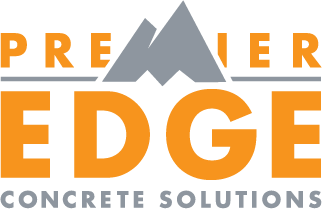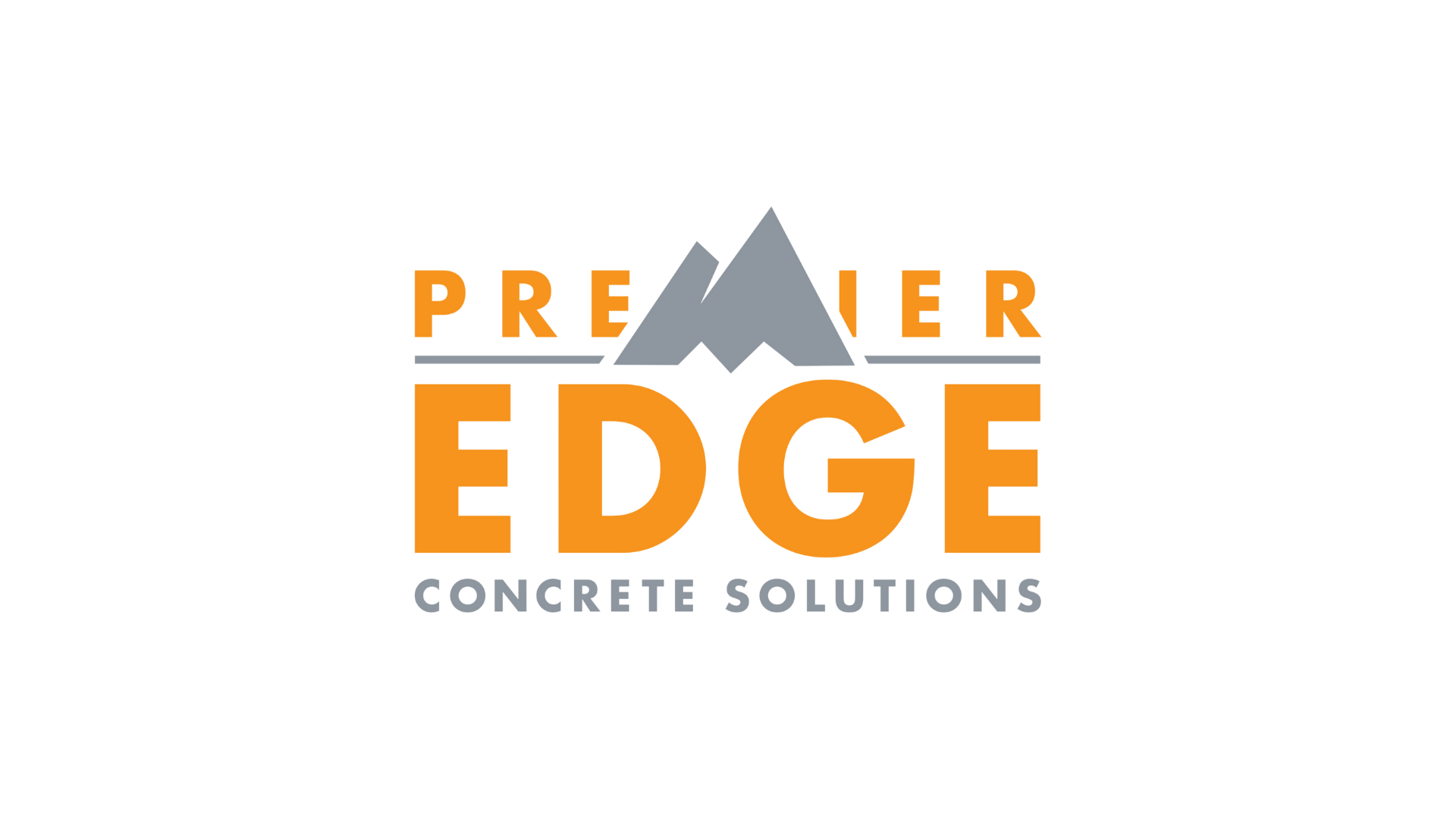Epoxy floor coatings are popular in commercial and industrial settings because they can withstand heavy foot traffic and the weight of large machinery. They are also extremely durable and can resist stains. However, it’s important to choose the right installer for your epoxy job. Read on for some ideas.
One of the biggest causes of failure in an epoxy floor is a poorly prepared surface. A poor surface profile results in an epoxy that does not bond well with concrete.
Surface repair products
Concrete epoxy coatings are extremely durable, easy to clean, and aesthetically pleasing. They’re great for commercial or residential spaces, and they can withstand heavy traffic and chemical exposure. However, you should be aware that they can scuff and scratch easily, and the cost of having them redone can add up over time.
One of the best ways to reduce maintenance costs is by using surface repair products to fill in cracks and chips before applying the epoxy coating. These are usually available in paint or home improvement stores. They contain a resin and hardener that can be mixed together and cleaned up with water. They also tend to have lower VOCs than true epoxies, although it’s still important to wear respirators and protective gear when installing them.
You can also use concrete resurfacing epoxy for patching holes and other damage in your floor or ramps. This is a more durable option than using tile or carpet, and it can save you money in the long run.
Cost
The cost of epoxy floors varies depending on the type of flooring and its application. For instance, water-based epoxy is less expensive than solvent-based epoxy. However, the former may release volatile organic compounds (VOCs), which are dangerous to people and the environment. This is a reason why it is best to hire a professional flooring company that has experience working with these products.
Epoxy coatings are highly customizable and can be used to create a wide range of aesthetic styles, from modern to industrial. They can also increase light reflectivity by up to 300%, reducing electricity costs. Decorative options include mica and vinyl, quartz aggregate blends, metallic pigments, and more.
It is important to keep in mind that the cost of epoxy floors includes preparing and repairing the concrete slab. This includes addressing cracks, chipping, and moisture testing. Moisture testing is an essential step because moisture can prevent the epoxy from adhering properly, resulting in peeling and crazing.
Durability
If you want your epoxy floor to be durable, make sure you hire a service that follows the manufacturer’s detailed instructions. This will give the epoxy more chances to bind with the concrete slab and will prevent the top layer from peeling or lifting. Moisture is the biggest enemy of an epoxy floor. It is also important to have the concrete slab properly prepped. Professionals usually abrade the surface of the concrete and chemically clean it to remove any laitance. They also perform a moisture test to ensure the concrete is dry.
Various factors affect the durability of epoxy floors, and they are susceptible to damage from heavy machinery or even oil and chemical spills. However, this type of flooring is still one of the most durable solutions available in commercial or industrial properties. Depending on the amount of foot traffic and use of machinery, an epoxy floor can last for decades in a commercial setting.
Installation
Epoxy flooring requires proper installation to ensure durability. The first step is to thoroughly sweep the floor and remove any dust particles that may have accumulated. The floor must also be degreased and etched as directed by the manufacturer of the epoxy you choose. This process should be done during a time when equipment can be removed from the space and employee traffic is prohibited.
The next step is to apply a primer. This helps the epoxy adhere to the concrete surface. It should be applied using a roller or brush and allowed to dry. Then, the epoxy can be applied to the floor. It is important to read the product instructions carefully to ensure a smooth and even application.
It is also important to test the surface for moisture. A good way to do this is by pouring water on the floor. If the water beads up rather than soaking in, it is likely that the concrete is sealed and will not hold an epoxy coating. Find out more!


